Day/Night: Travels in the Scriptorium and Man in the Dark
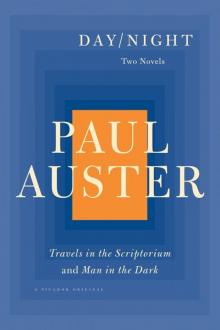

Author: Paul Auster
Category: Fiction
Published: 2013
Series:
View: 594
Read OnlineFOR THE FIRST TIME IN ONE VOLUME, TWO EXISTENTIAL CLASSICS BY BESTSELLING NOVELIST PAUL AUSTER
Day/Night brings together two metaphysical novels that mirror each other and are meant to be read in tandem: two men, each confined to a room, one suddenly alert to his existence, the other desperate to escape into sleep.
In Travels in the Scriptorium (2007), elderly Mr. Blank wakes in an unfamiliar cell, with no memory of who he is or how he got there. He must use the few objects he finds and the information imparted by the day’s string of visitors to cobble together an idea of his identity. In Man in the Dark (2008), another old man, August Brill, suffering from insomnia, struggles to push away thoughts of painful personal losses by imagining what might have been.
Who are we? What is real and not real? How does the political intersect with the personal? After great loss, why are some of us unable to go on? “One of America’s greats” and “a descendant of Kafka and Borges,”* Auster explores in these two small masterpieces some of our most pressing philosophical concerns.
Time Out (Chicago)
*Booklist
Day/Night brings together two metaphysical novels that mirror each other and are meant to be read in tandem: two men, each confined to a room, one suddenly alert to his existence, the other desperate to escape into sleep.
In Travels in the Scriptorium (2007), elderly Mr. Blank wakes in an unfamiliar cell, with no memory of who he is or how he got there. He must use the few objects he finds and the information imparted by the day’s string of visitors to cobble together an idea of his identity. In Man in the Dark (2008), another old man, August Brill, suffering from insomnia, struggles to push away thoughts of painful personal losses by imagining what might have been.
Who are we? What is real and not real? How does the political intersect with the personal? After great loss, why are some of us unable to go on? “One of America’s greats” and “a descendant of Kafka and Borges,”* Auster explores in these two small masterpieces some of our most pressing philosophical concerns.
Time Out (Chicago)
*Booklist
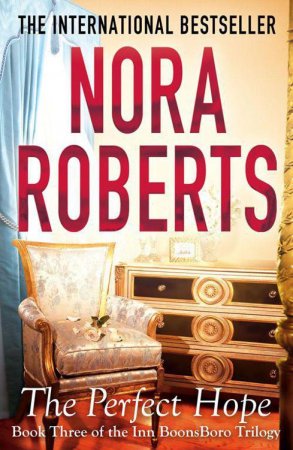 The Perfect Hope
The Perfect Hope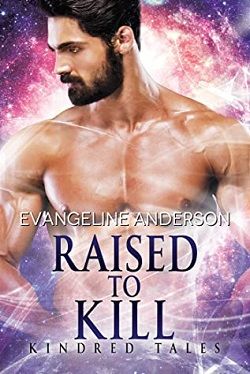 Raised to Kill
Raised to Kill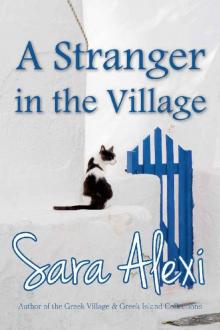 A Stranger in the Village
A Stranger in the Village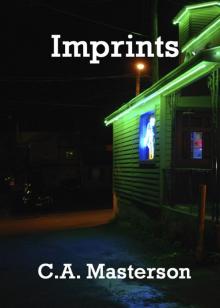 Imprints
Imprints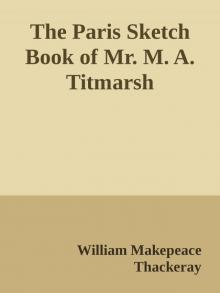 The Paris Sketch Book of Mr. M. A. Titmarsh
The Paris Sketch Book of Mr. M. A. Titmarsh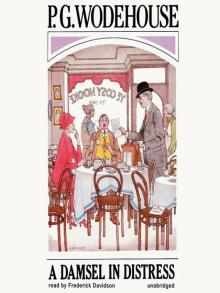 A Damsel in Distress
A Damsel in Distress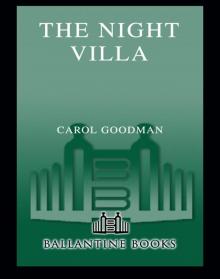 The Night Villa
The Night Villa Destroy Me (Shatter Me #1.5)
Destroy Me (Shatter Me #1.5)